 |
President Ho Chi Minh's communication strategy
In linguistic communication, whether speaking or writing, a fundamental characteristic of his style is always to consciously create a connection between the speaker (writer) and the listener (reader) before going into the main issue to attract the attention of the intersubjects while the sympathy between them is forming. President Ho Chi Minh always paid attention to the interlocutor - an important factor leading to high efficiency in communication.
Any speech or article by President Ho Chi Minh is always associated with clarifying the purpose of the content to be presented, as he once reminded the press and propaganda cadres during the resistance war against French colonialism: Before writing, one must ask the question: Who to write for, what to write for, what to write, and then how to write ? Uncle Ho called it "the way of writing".
From that point of view of communication, President Ho Chi Minh found here a miraculous means of communication - the Youth, the Youth to make the words very "penetrating", easy to "catch the ears of the masses". At the conference of cultural cadres on October 30, 1958, President Ho commented: " The masses are the creators, the workers and farmers are the creators. But the masses do not only create material wealth for society but are also the creators. The idioms, proverbs, folk songs, and folk songs are very good, they are the creations of the masses. Those creations are very good but short, not "Truong giang dai hai", "Dây cà ra dây mung " ...
Therefore, in his speeches and writings, President Ho Chi Minh creatively applied the right words and phrases at the right time and place to convey the information content to the recipient (listener, reader) in the fastest, most complete, and most accurate way possible in a form that is both concise, brief, specific, vivid, flexible, subtle, and easy to understand, achieving "the meaning beyond the words".
Characteristics of idioms and proverbs in the language of President Ho Chi Minh
We have surveyed 100 of his speeches and writings from 1955-1960 (Ho Chi Minh Complete Works, volumes 9-12) and found that there were 120 occurrences of TN, TN. TN, TN can be divided into three types in President Ho Chi Minh's linguistic heritage.
Firstly , the existing Vietnamese idioms and proverbs that Uncle Ho used in his language. These are Sino-Vietnamese idioms such as: “Dong tam nhat tri”, “Tu luc canh sinh”, “Tu arrogance, tu dai”, “Nhan dinh thang thien”, “Truong giang dai hai”... ; purely Vietnamese idioms and proverbs such as: “ An tren sit troc”, “Rung vang bien sac”, “Rung sac nuoc doc”, “Chan lam dat dat”, “Day ca ra day muong” ... Pure Vietnamese idioms and proverbs often have specific, vivid nuances, rich in expressiveness, rustic, simple, expressing the feelings and thoughts of ordinary people. On the contrary, Sino-Vietnamese idioms and proverbs have solemn, abstract, general nuances, suitable for expressing abstract concepts, comments, and judgments of a truthful nature.
The Sino-Vietnamese syllables and verbs were used by Uncle Ho in formal and serious communication situations and contents such as reports before the National Assembly session, opening speeches, and talks with intellectuals... The purely Vietnamese syllables and verbs were used by Uncle Ho in intimate and simple communication situations and contents such as in his speeches during his visit to the mining area or to the people of Hung Yen province, to the cadres and people of Me Tri commune, Tu Liem district ( Hanoi )...
The common characteristics of the Vietnamese idioms and expressions created by the Vietnamese community are that they are both general and abstract, and concrete and vivid. Therefore, each of the above idioms and expressions can be widely applied in all specific communication situations. President Ho Chi Minh skillfully applied and promoted the role, effect and social function of the Vietnamese idiom and expression system.
Second , the TN, TN were modified by President Ho to suit specific communication situations. As available units of the language system, TN, TN have a fixed, concise form. When President Ho applied them, TN, TN were no longer motionless as if in memory but became vivid. The syntactic relationship between the elements in TN, TN appeared clearly. The meaning of the words seemed to escape from fixed constraints and began to have a life of its own. Therefore, the meaning of both TN, TN became clearer and easier to understand.
For example: - TN, available TN, such as: " Effort to eat sticky rice", "Seeing with one's own eyes and hearing with one's own ears", "One neck, two eyes", "Flesh and bones are crushed", "First water, second fertilizer, third diligence, fourth seed" ...
- TN, TN Uncle Ho revised: "Take punches but don't get to eat sticky rice", "See with your own eyes, hear with your own ears", "Two rings around one neck", "Flesh and bones crushed", "One country, two fertilizers, three efforts, four technical improvements" ...
The change and adaptation of some traditional sayings and proverbs of President Ho Chi Minh is to suit the specific communication situation, and at the same time to suit his communication purpose. For example, the difference between the folk proverb and the proverb that Uncle Ho adapted is that: " If you want to eat, roll into the kitchen " is an image with very general content (if you want to have good results of labor, meet your own needs, you must be diligent and hard-working in that field), can be used to refer to any field; but " If you want to eat, roll into the fields " refers to diligence and hard work in agricultural production.
Obviously, the purpose of adapting the TN, TN in Uncle Ho's language is to help the recipient (listener, reader) understand correctly, accurately the content of the speech in specific communication situations, and to enhance the informational effectiveness of the speech.
Third are the traditional folk sayings and expressions that President Ho created completely new to describe newly emerging phenomena. In his speeches and writings, in addition to the traditional folk sayings and expressions that he successfully applied or adapted as analyzed above, he also created some idiomatic expressions.
For example: Bamboo shoots grow too much for bamboo; squeeze oranges and throw away their bodies; trade people and sell the country; people are like water, soldiers are like fish; only if the foundation is solid, the house will be strong; only if the roots are strong, the tree will grow well; a grain of rice is a grain of gold; as long as you are fat, no matter the world is thin; drink with your uncle, drink with your brother; rob the rain, rob the sun; give rice as fertilizer to others; burn yourself with fire ...
The special feature of the TN-style phrases created by Uncle Ho is not only specific, vivid, and rich in imagery, but also rich in expression, deeply expressing the speaker's attitude and emotions. For example, Uncle Ho created the proverb " Fertilizer for rice is for people" to express the cause-effect relationship, condition-result, and at the same time express his views on the prerequisites for rice cultivation in particular and crops in general.
Just like the idiom " Drums and gongs make a ruckus, singing and dancing" created by Uncle Ho to criticize people in some localities who take advantage of the Party and Government's policy of restoring and developing culture to organize festivals and lavish feasts, which are both wasteful and costly, contrary to traditional customs and traditions, and tinged with superstition, but also very lively, evocative of sound and image.
The TN, TN sentences created by President Ho Chi Minh have become a unique feature in his linguistic style, contributing to creating sentences that are both concise, succinct, evocative, simple, easy to understand, and easy to enter the hearts of listeners and readers. These characteristics are invaluable lessons in the linguistic heritage that President Ho Chi Minh left us; deeply expressing his thoughts and viewpoints in communication activities; at the same time, they are lessons on promoting the role and social function of Vietnamese in communication today.
All Win
Source


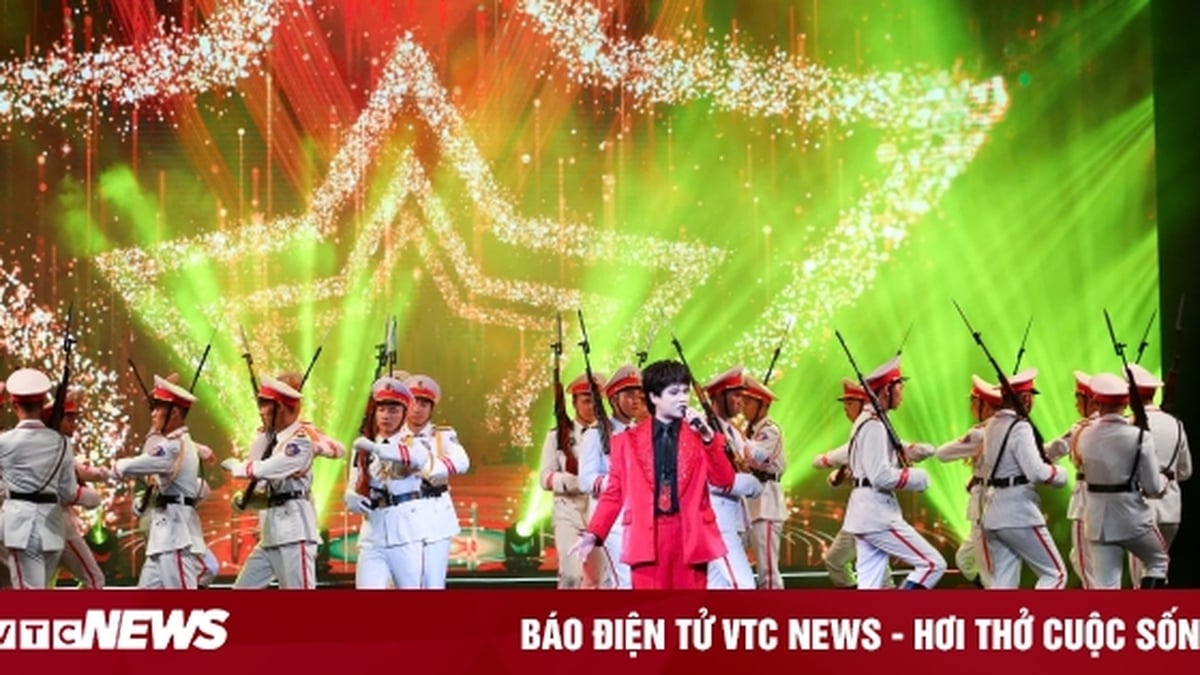
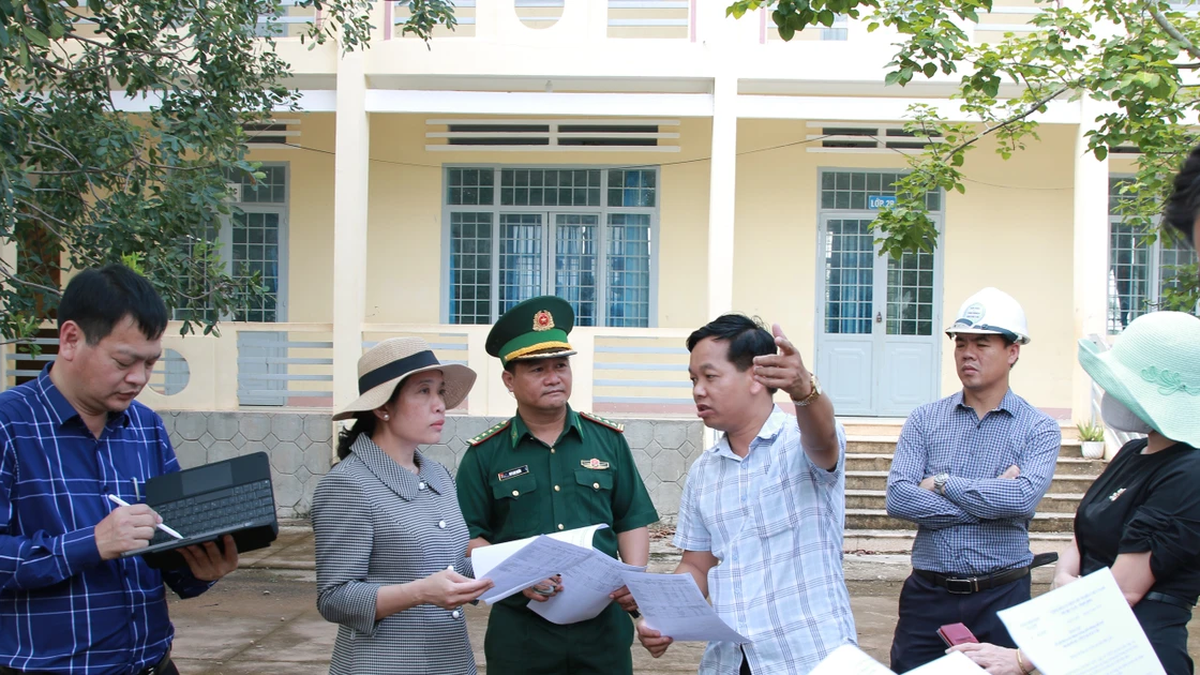

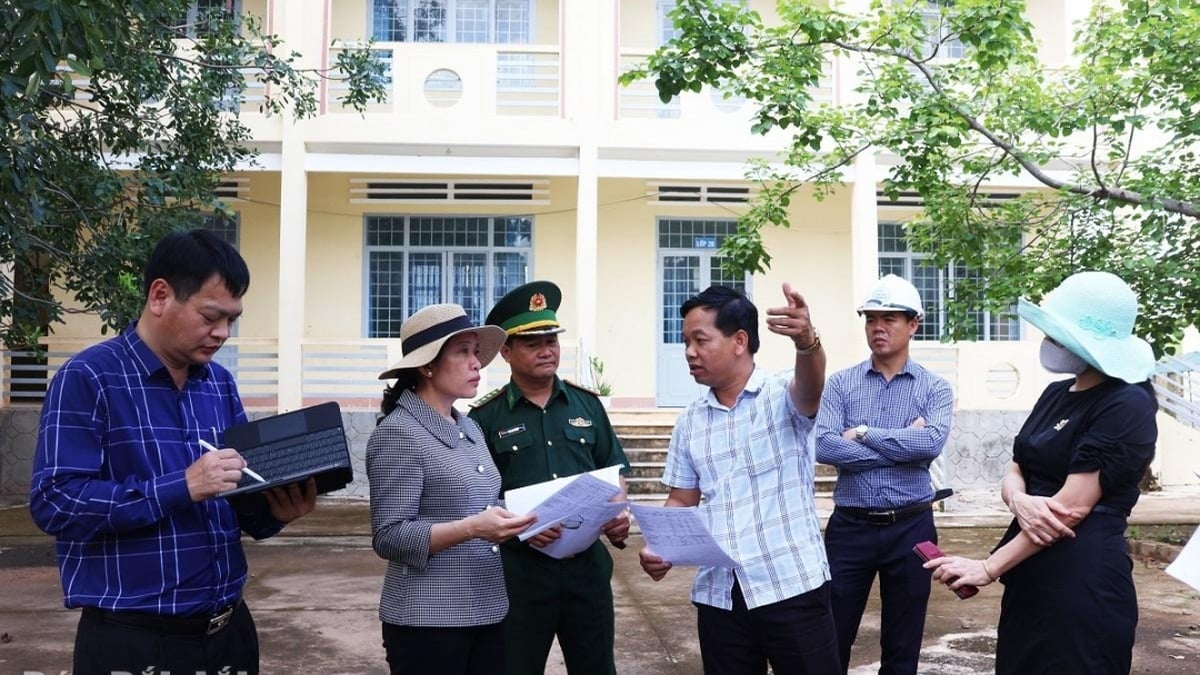

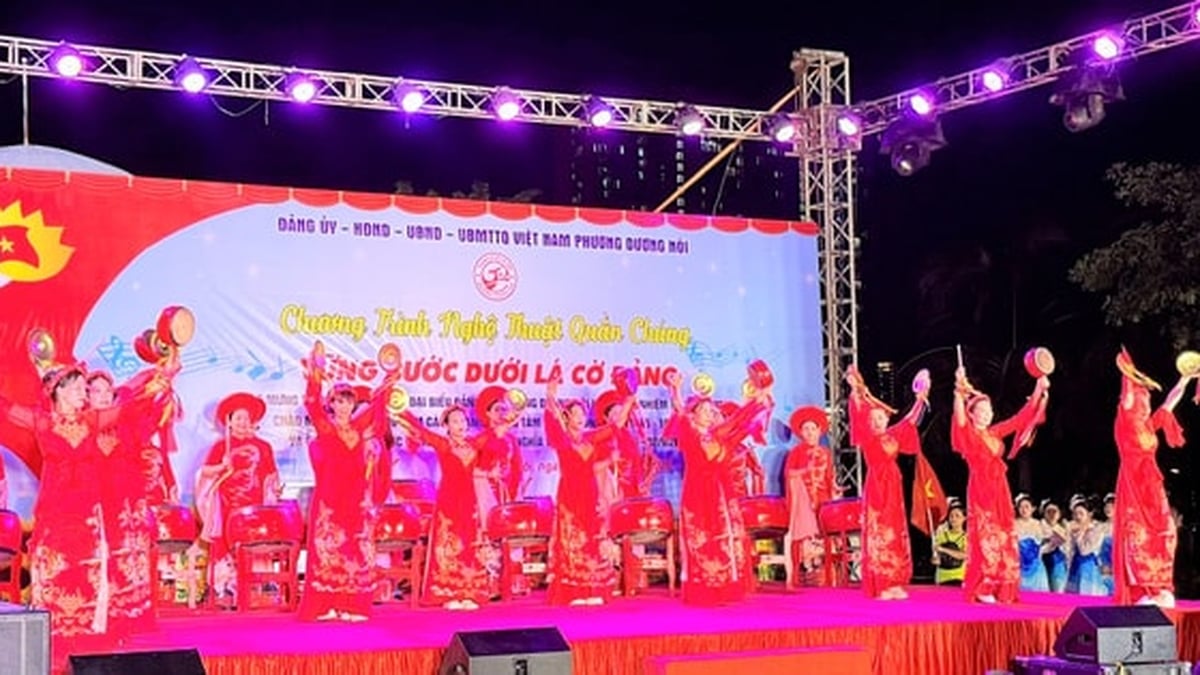
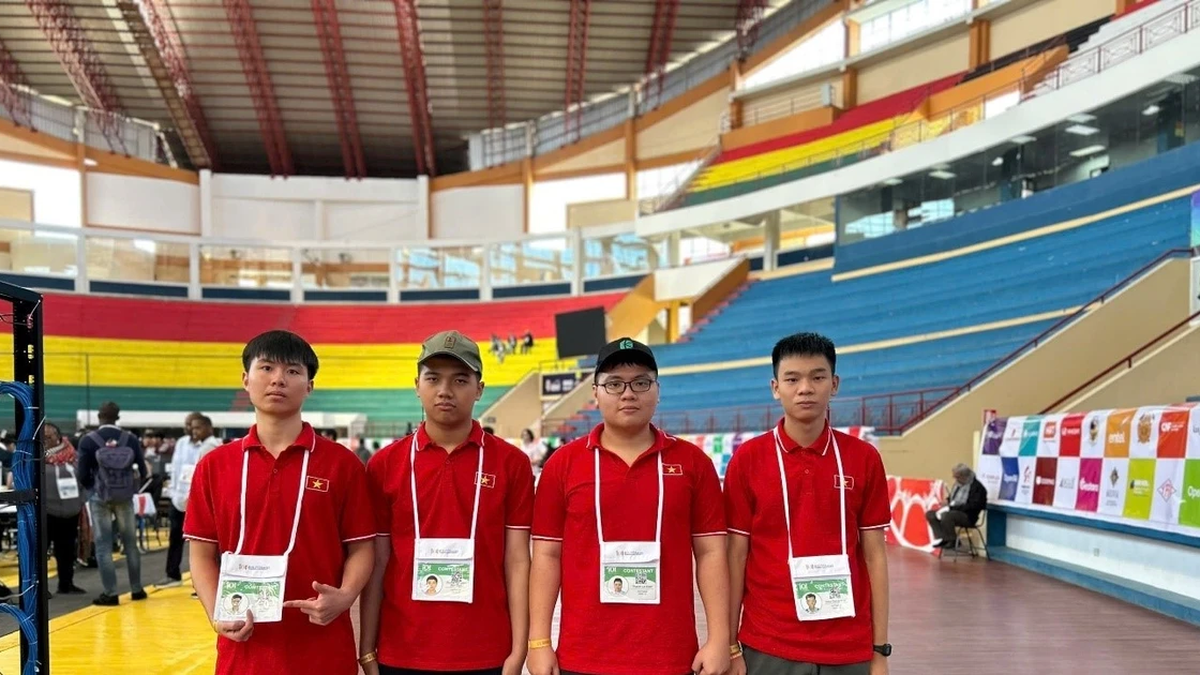

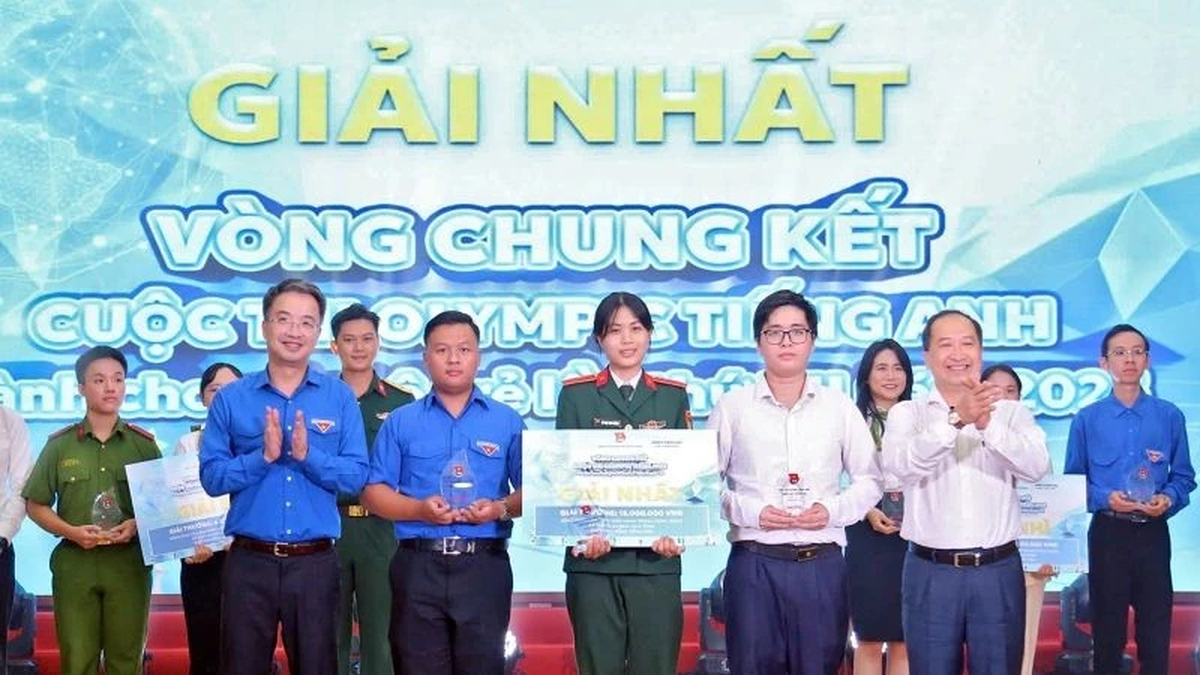
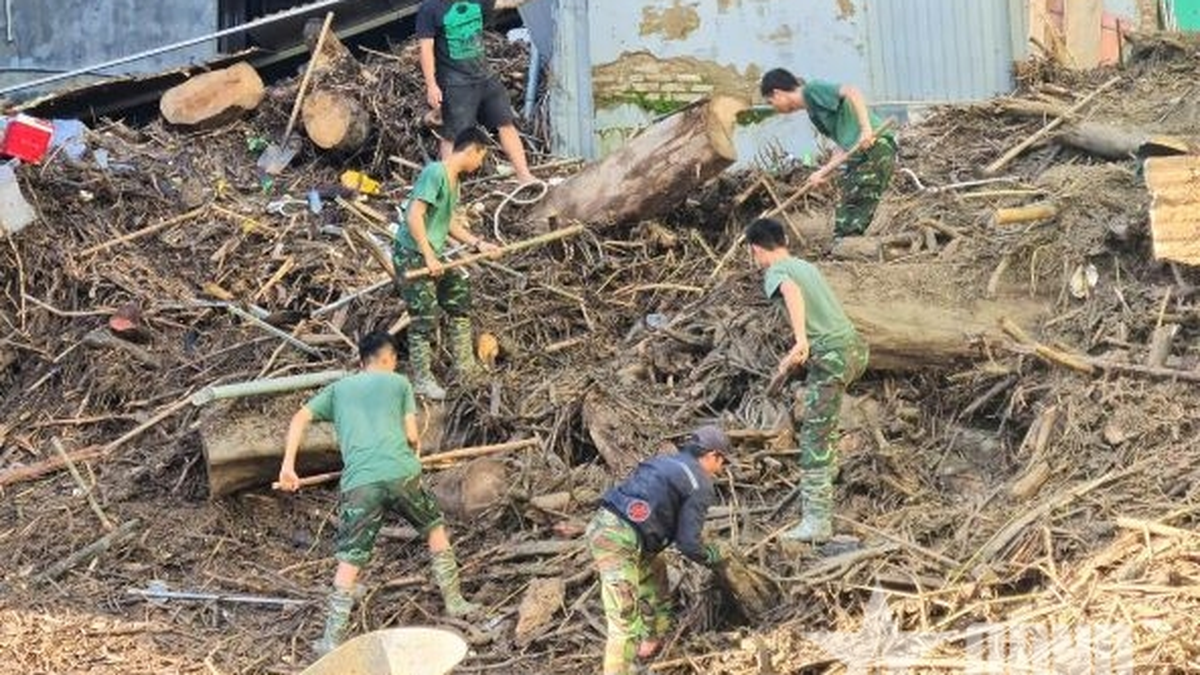






















































































Comment (0)